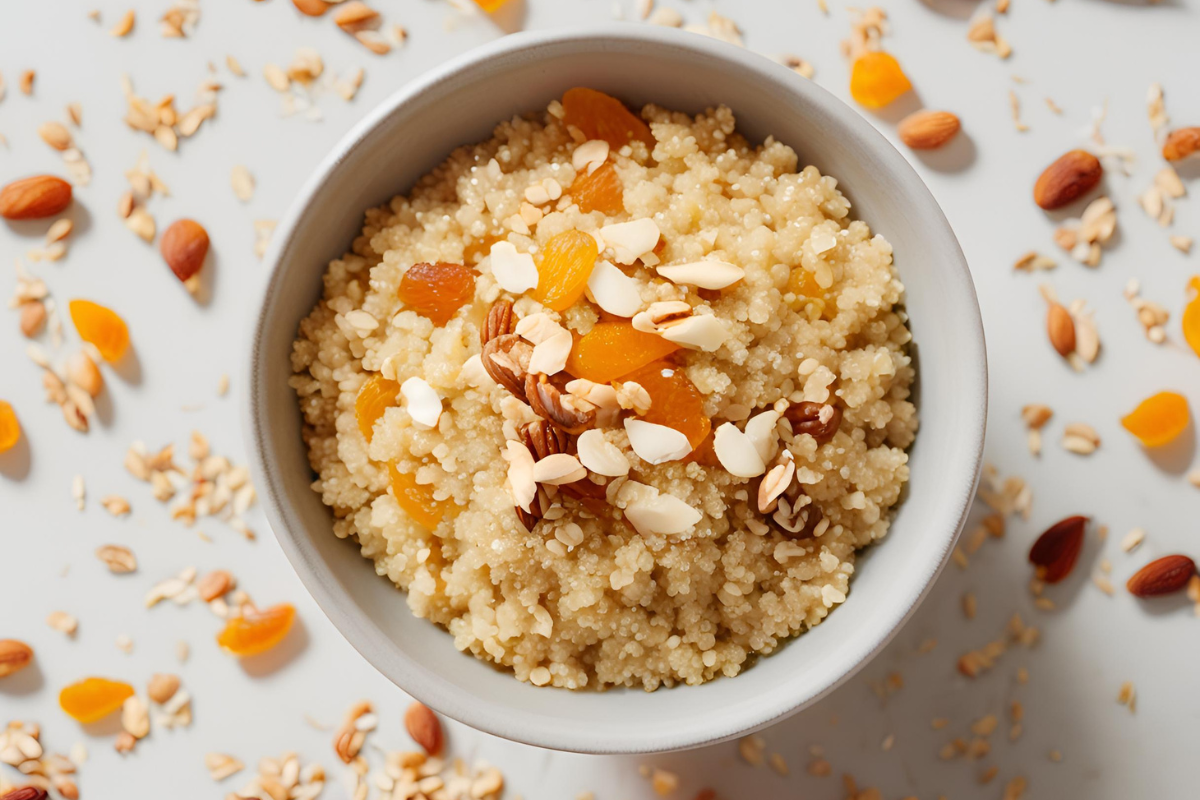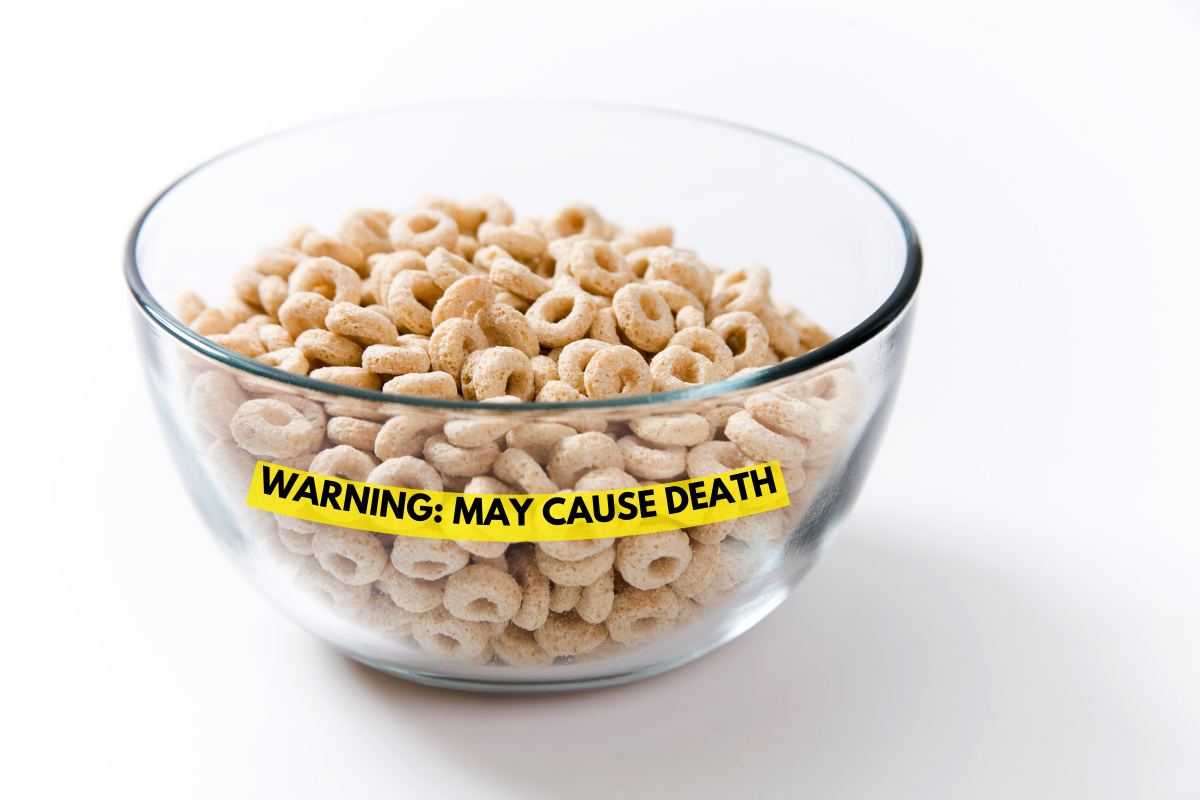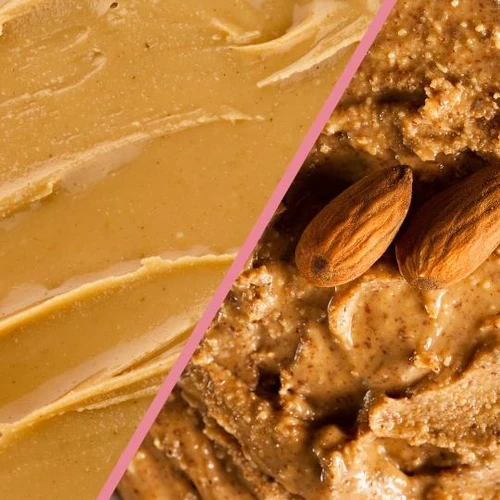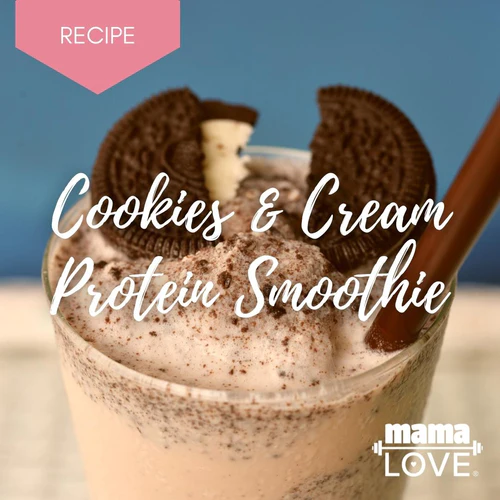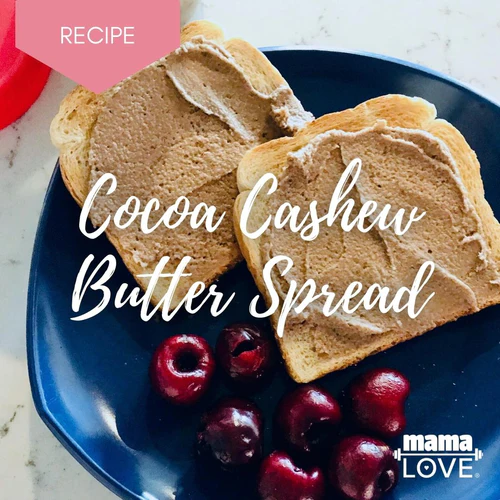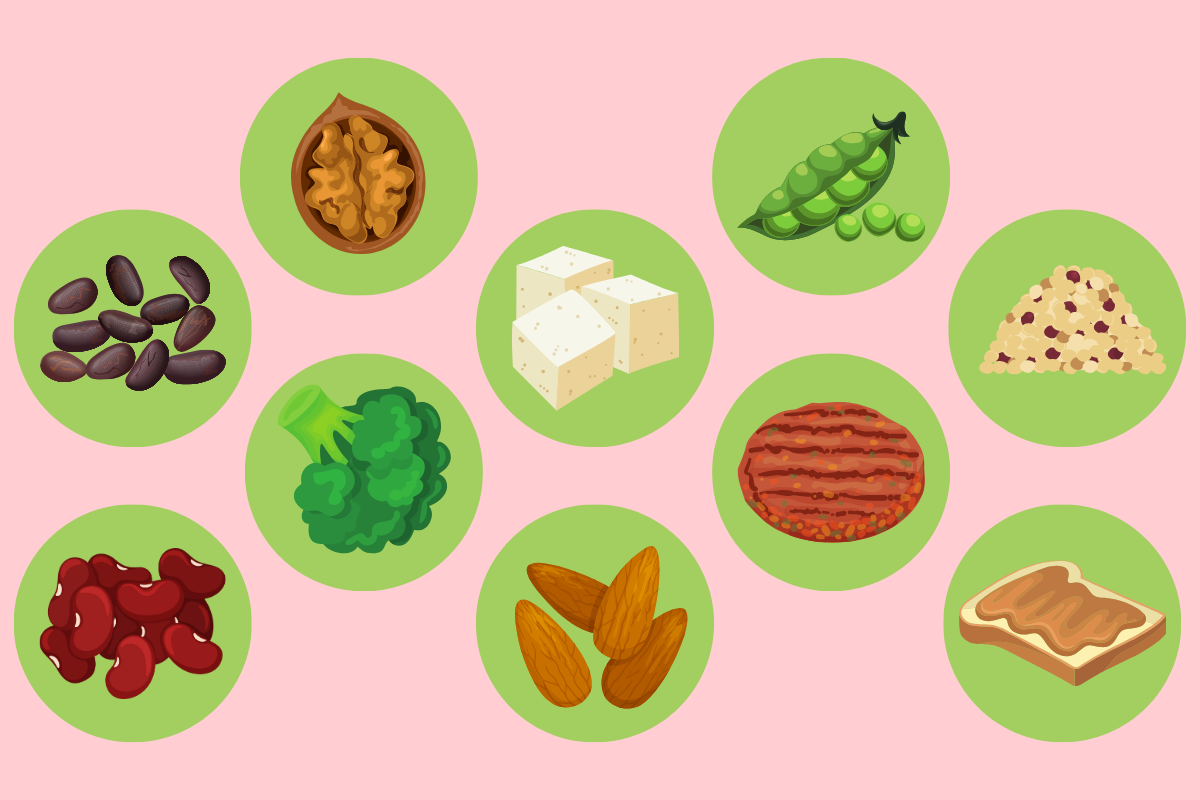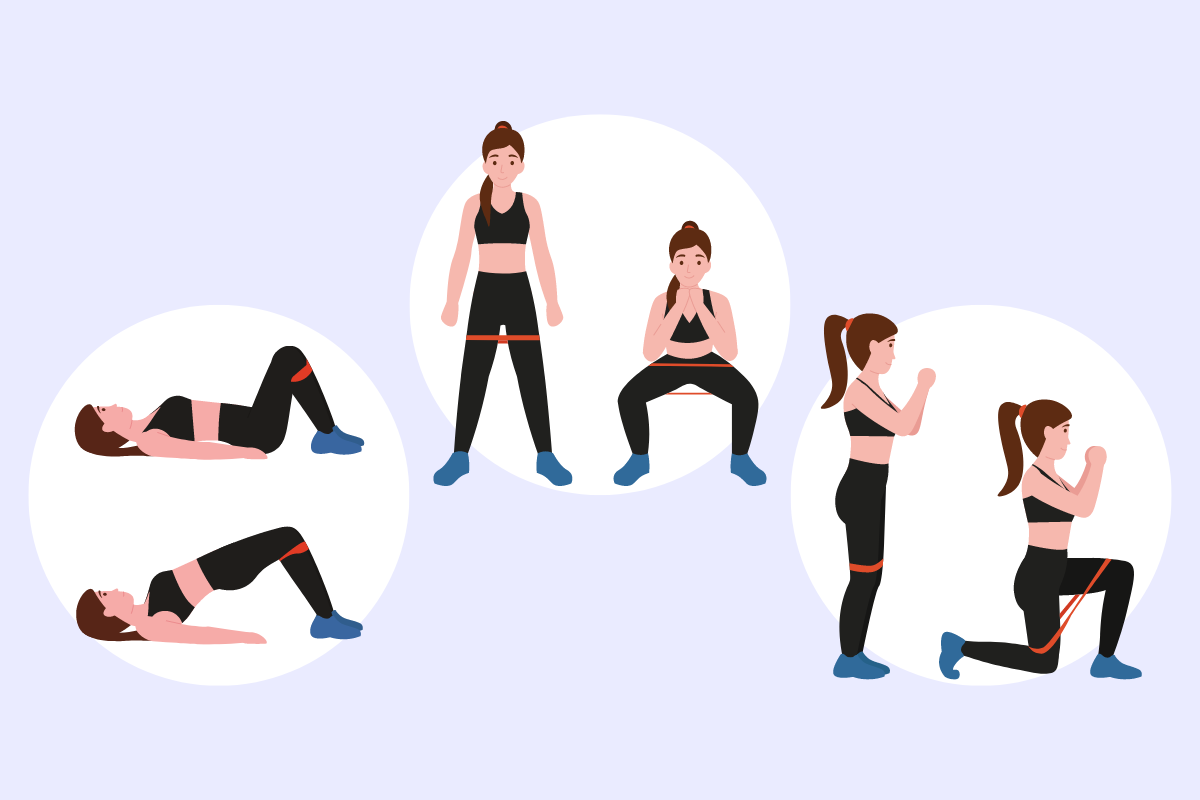
Getting—and staying—healthy can seem a little confusing thanks to constant headlines about new diets and trendy workouts. But when it comes to maintaining heart function, the research has been pretty consistent: eat lots of veggies and whole grains and exercise regularly to keep your ticker strong.
That “eat well and exercise” advice may not be sexy, but it is tried and true. Still, no one wants to be an angel all the time. Here are 5 things you can do today to support your heart that feel decadent and fun.
1. Crank Up the Tunes & Dance
The fitness world is buzzing about the benefits of high-intensity interval (or HIIT) workouts these days, because studies show workouts with short bursts of intensity can improve both cardiovascular health and aerobic fitness (1), and lower blood pressure (2, 3).
Dancing is a great way to HIIT it—and it’s simple to do at home! Just find some up-tempo music and use the rhythm changes and chorus breaks to lead you through fast sections and slower grooves.
Need more direction? Jazzercise is one of the best HIIT workouts you can find nationwide.
“We combine high-intensity cardio intervals with weights and strength moves for a heart-pumping, total-body workout,” says Leslie Christensen, owner of the Jazzercise Roanoke Fitness Center in Roanoke, TX. “This isn’t the easy, little dance class it was 50 years ago.”
2. Have a Handful of Nuts
Nuts are a healthy, protein-rich snack, and munching an ounce (28 grams) of them daily can lower your risk of developing cardiovascular disease and coronary heart disease (4). They’re also full of fiber, monounsaturated fats, and phytonutrients that have been shown to reduce inflammation.
Still, nuts pack in a lot of calories and flavored varieties can sneak in a bit hit of salt and sugar, so it’s best to stop after eating that handful. (Remember when TikTokers were teasing dads for shaking their nuts?)
Not sure how many to grab? One ounce is about:
- 35 peanuts
- 24 almonds
- 18 cashews
- 14 walnut halves
- 12 macadamia nuts
If you prefer to eat your nuts smeared over toast, try this Cocoa Cashew Butter Spread recipe.
3. Give Someone a Big Hug
Love is enough to make anyone feel happier, and it turns out showing you care with a hug can make you (and your partner!) healthier, too.
Studies show engaging in a 20-second hug can ease stress-related biomarkers, including an elevated heart rate and high levels of hormones, like cortisol and adrenaline (5).
It works for babies, too! Breastfeeding and skin-to-skin contact have been shown to slow a rapid heartbeat and decrease cortisol in both the caregiver and the infant (6).
Chronic stress puts extra pressure on the cardiovascular system and can increase your chances of heart attack and stroke. Even more reason to keep your loved ones close and hug them often.
4. Eat Some Chocolate
The darker the better! Chocolate made with at least 70% cocoa is less processed than its milky cousins, and it has more of the powerful polyphenols and antioxidants that have been linked to better brain function (7) and a lower risk of heart disease (8, 9).
5. Go to Bed Early
When was the last time you got a good night’s rest? If you’re like most pandemic parents, you’ve been skimping on sleep to get everything done during the day—work, child rearing, chores, etc.
It makes you feel like a zombie, and research shows not getting enough sleep can also have a negative impact on your cardiovascular health. In fact, it can increase your risk of heart attack—even if you’re otherwise healthy (10).
As it does for other muscles and tissue, your body uses the downtime during sleep to repair cellular damage. Which means, if you don’t snooze, you lose out on a healthier heart.
Everyone should aim for 7 to 9 hours of shut-eye (11), but it’s especially important for new moms to prioritize sleep to support heart health, healing, and energy levels.
The most indulgent, badass move you could make today: Forget about the unfolded laundry, ignore the dirty dishes in the sink, and hit the sack at least 30 minutes earlier tonight!
Sources:
- Ouerghi, Nejmeddine et al. “Effects of high-intensity interval training on body composition, aerobic and anaerobic performance and plasma lipids in overweight/obese and normal-weight young men.” Biology of sport 34,4 (2017): 385-392. doi:10.5114/biolsport.2017.69827
- Skutnik, Benjamin C et al. “The Effect of Low Volume Interval Training on Resting Blood Pressure in Pre-hypertensive Subjects: A Preliminary Study.” The Physician and sportsmedicine 44,2 (2016): 177-83. doi:10.1080/00913847.2016.1159501
- Ciolac, Emmanuel G et al. “Effects of high-intensity aerobic interval training vs. moderate exercise on hemodynamic, metabolic and neuro-humoral abnormalities of young normotensive women at high familial risk for hypertension.” Hypertension research: official journal of the Japanese Society of Hypertension 33,8 (2010): 836-43. doi:10.1038/hr.2010.72
- Guasch-Ferré, Marta et al. “Nut Consumption and Risk of Cardiovascular Disease.” Journal of the American College of Cardiology 70,20 (2017): 2519-2532. doi:10.1016/j.jacc.2017.09.035
- Grewen, Karen M et al. “Warm partner contact is related to lower cardiovascular reactivity.” Behavioral medicine (Washington, D.C.) 29,3 (2003): 123-30. doi:10.1080/08964280309596065
- Forde, Dorothy et al. “A Systematic Review of the Effects of Skin-to-Skin Contact on Biomarkers of Stress in Preterm Infants and Parents.” Advances in neonatal care : official journal of the National Association of Neonatal Nurses, 10.1097/ANC.0000000000000905. 27 May. 2021, doi:10.1097/ANC.0000000000000905
- Francis, S T et al. “The effect of flavanol-rich cocoa on the fMRI response to a cognitive task in healthy young people.” Journal of cardiovascular pharmacology 47 Suppl 2 (2006): S215-20. doi:10.1097/00005344-200606001-00018
- Djoussé, Luc et al. “Chocolate consumption is inversely associated with prevalent coronary heart disease: the National Heart, Lung, and Blood Institute Family Heart Study.” Clinical nutrition (Edinburgh, Scotland) 30,2 (2011): 182-7. doi:10.1016/j.clnu.2010.08.005
- Buijsse, Brian et al. “Cocoa intake, blood pressure, and cardiovascular mortality: the Zutphen Elderly Study.” Archives of internal medicine 166,4 (2006): 411-7. doi:10.1001/archinte.166.4.411
- Daghlas, Iyas et al. “Sleep Duration and Myocardial Infarction.” Journal of the American College of Cardiology 74,10 (2019): 1304-1314. doi:10.1016/j.jacc.2019.07.022
- Centers for Disease Control and Prevention. “How Much Sleep Do I Need?” CDC.gov

